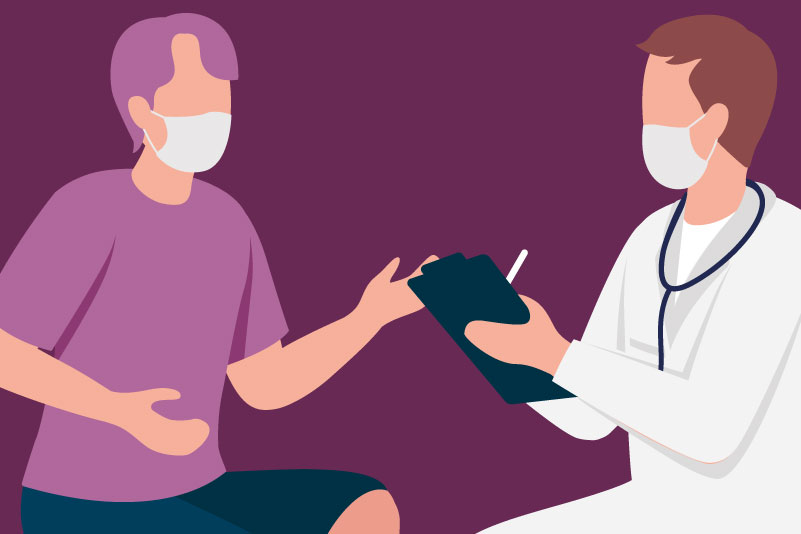#376 Testosterone supplementation for cis-gender men: Let’s (andro-)pause for a moment (Update)

Reading Tools for Practice Article can earn you MainPro+ Credits
Join NowAlready a CFPCLearn Member? Log in
- 16 systematic reviews from last five years1-16 and main randomized, placebo-controlled trials (RCTs). Statistically significant unless indicated.
- Sexual function: Most comprehensive systematic review1 (men ≥40 years with normal/low testosterone and sexual dysfunction). Highest quality RCTs:
- Sexual function scale (range 6-30, higher=normal function): 6 RCTs, 2016 patients
- Mean difference: 2.4 at ≤12 months, not clinically different.
- Others similar.2-4
- Sexual function scale (range 6-30, higher=normal function): 6 RCTs, 2016 patients
- Strength: Most comprehensive review5 (11 RCTs, 814 men, 66-77 years old, normal/low testosterone). Over 3-12 months, highest quality RCTs:
- Lean body mass: 1.6 kg higher with testosterone. Other reviews similar.6-10
- Hand grip strength, physical performance tests: No difference.5
- Leg strength: Inconsistent.5
- Fatigue: One systematic review with limitations.11 Largest RCT: 464 patients, age 65+, low testosterone and self-reported “low vitality”:17
- Proportion with clinical improvement on fatigue score: No difference.
- Cognition: Three systematic reviews with limited reporting.11-13
- Two largest RCTs: No difference.18,19
- Quality of life: Best systematic review (7 RCTs, 1043 participants, most: testosterone <12nmol/L).11
- Symptom scale: Not clinically different.
- Others similar.1,2,3,6
- Harms: Largest RCT on cardiovascular effects of testosterone 1.62% gel in 5204 men, 55% with cardiovascular disease or at high risk.20 Baseline testosterone=8nmol/L. At 33 months:
- All-cause mortality, major cardiovascular events, prostate cancer, invasive prostatic procedures: No difference.
- Atrial fibrillation: 3.5% versus 2.4% (placebo), number needed to harm=93.
- Pulmonary embolism: 0.9% versus 0.5% (placebo) (no statistics provided).
- Systematic reviews:1,14 Similar.
- Low testosterone: < 10nmol/L.21
- Guidelines:21,22
- Asymptomatic: Not recommended.22
- Age-related low testosterone and sexual dysfunction: May discuss testosterone.22
- Best initial screening: Total testosterone (morning draw: 7-11am).21
- Best formulation is uncertain: Direct comparisons of different formulations lacking.1















Good summary
Low testosterone: < 10nmol/L.
Testosterone replacement not needed in most pts with testosterone deficiency
This means we have to adjust how we discuss this with men who want to get testing done especially if asymptomatic.
Utile si dysfonction érectile et faible taux de testostérone.
very effective summary
Clear and balanced insights on testosterone therapy—valuable for guiding discussions with patients seeking treatment for age-related low testosterone
Good information!
Good information
Coming from the UK to Canada, I noticed a lot of well men here want to have testosterone tests and I have noticed that some family doctors here prescribe testosterone just because serum testosterone is low or borderline. Happy I have stuck to my guns and not prescribe. Worst case I refer to endocrinology.
useful information about risks of use
Doctor: “testosterone supplementation has no consistent, meaningful impact on sexual function”.
Patient: “But Doc can’t I give it a try”
great summary
Good summary
It. is my understanding that oral agents are less effective so the omission of this information with regard to the trials is disappointing; also the information supplied doesn’t identify a target testosterone level or discuss discontinuation rates and other adverse drug reactions ie polycythemia
good summary
Useful for guiding discussion with patients.
Relevant info for my practice with police officers
uneventful treatment